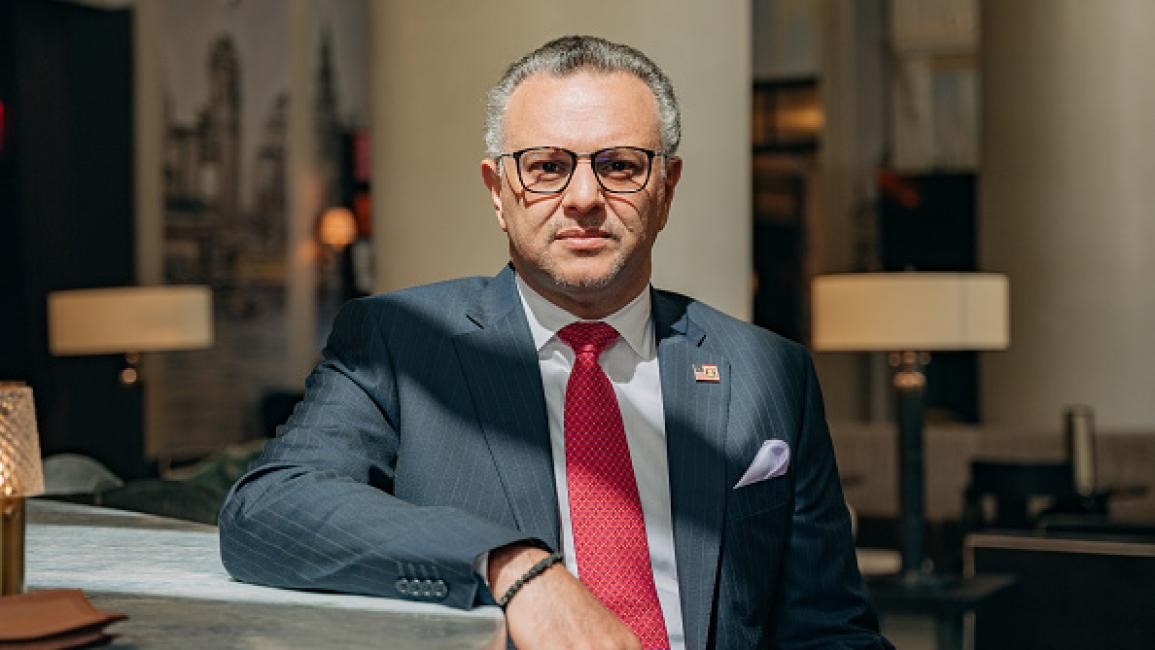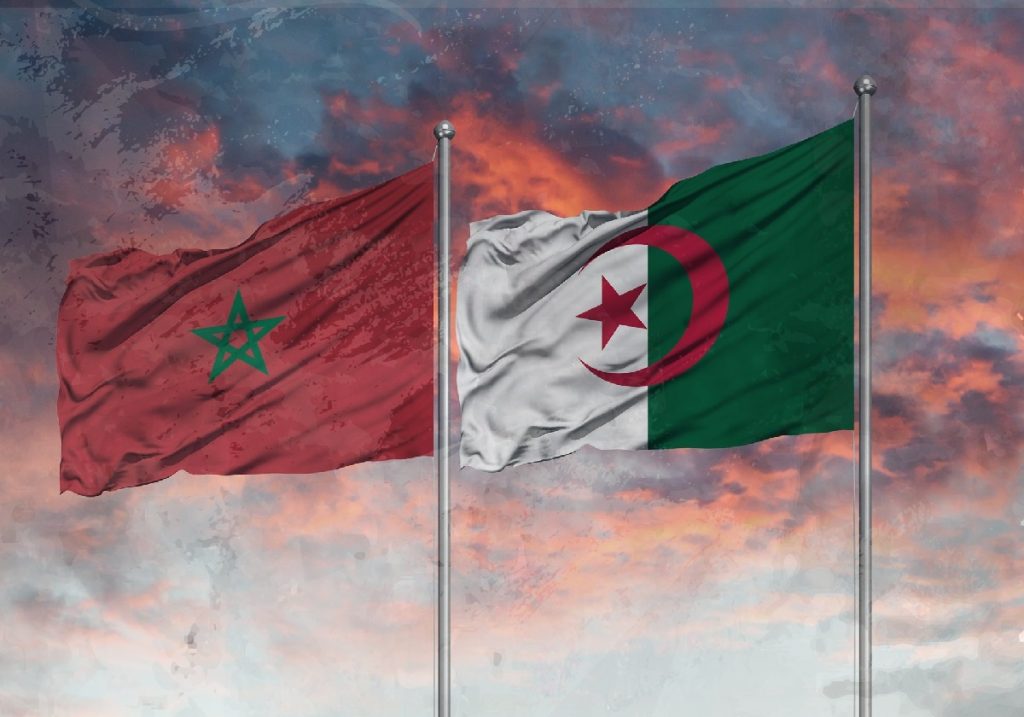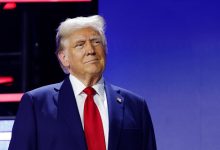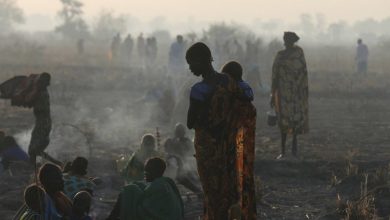U.S. Reaffirms Full Support for Moroccan Sovereignty Over Western Sahara
Trump Advisor: U.S. Recognition Is “Clear and Unambiguous”; Autonomy Plan Remains Sole Framework for Solution.

Watan-In a major reaffirmation of U.S. foreign policy on Western Sahara, Massad Boulos, the Special Advisor for African and Middle Eastern Affairs to former U.S. President Donald Trump, declared that Washington’s recognition of Moroccan sovereignty over the region is “very clear, with no doubt or ambiguity.”
Speaking in a phone interview with Morocco’s Medi 1 TV and Medi 1 Radio, Boulos stated, “We have expressed this position clearly and repeatedly. It was reiterated last week by Secretary of State Marco Rubio and is the same stance President Trump conveyed to King Mohammed VI — a full and unequivocal recognition of Morocco’s sovereignty over the Sahara.”
This clarification followed a previous interview where Boulos’s comments were interpreted as suggesting that U.S. recognition was conditional. Addressing that confusion, Boulos emphasized that President Trump’s 2020 declaration stands firm, and that “any other interpretation is baseless and misleading.”

U.S. Reaffirms Autonomy Plan as Sole Path for Sahara Solution
Boulos also reiterated Washington’s full endorsement of Morocco’s 2007 autonomy plan as the only realistic and serious basis for resolving the decades-long conflict. “We support Morocco’s autonomy initiative as the fair and lasting solution,” he said, stressing that the U.S. remains committed to a final agreement based solely on this framework. Further discussions are expected between Washington and Rabat in the near future.
Nabil Andaloussi, President of the Maghreb Center for Research and Strategic Studies and a former senior member of Morocco’s Foreign Affairs Committee, echoed this position. He confirmed that the U.S. stance has been consistent for over four years, enjoying bipartisan support across Republican and Democratic administrations.
He highlighted that Trump’s official declaration on December 10, 2020 — recognizing Moroccan sovereignty and announcing the opening of a U.S. consulate in the southern city of Dakhla — marked a turning point. The U.S. clearly stated at the time that “an independent state in Western Sahara is not a realistic option.”

Andaloussi dismissed efforts to reinterpret Boulos’s remarks, calling them “tired maneuvers” that clash with the reality of America’s unwavering support. He also called on Polisario leadership to reassess the situation and reconsider their alignment with Algeria, arguing that the path to resolving the conflict lies in serious engagement — not political stagnation.
As Morocco intensifies its diplomatic campaign across Western capitals to expand recognition and consolidate support for its autonomy initiative, the international atmosphere appears increasingly favorable.
UN envoy Staffan de Mistura recently informed the Security Council that the coming three months may represent a critical opportunity for regional de-escalation — potentially paving the way toward a durable solution after nearly 50 years of deadlock.






